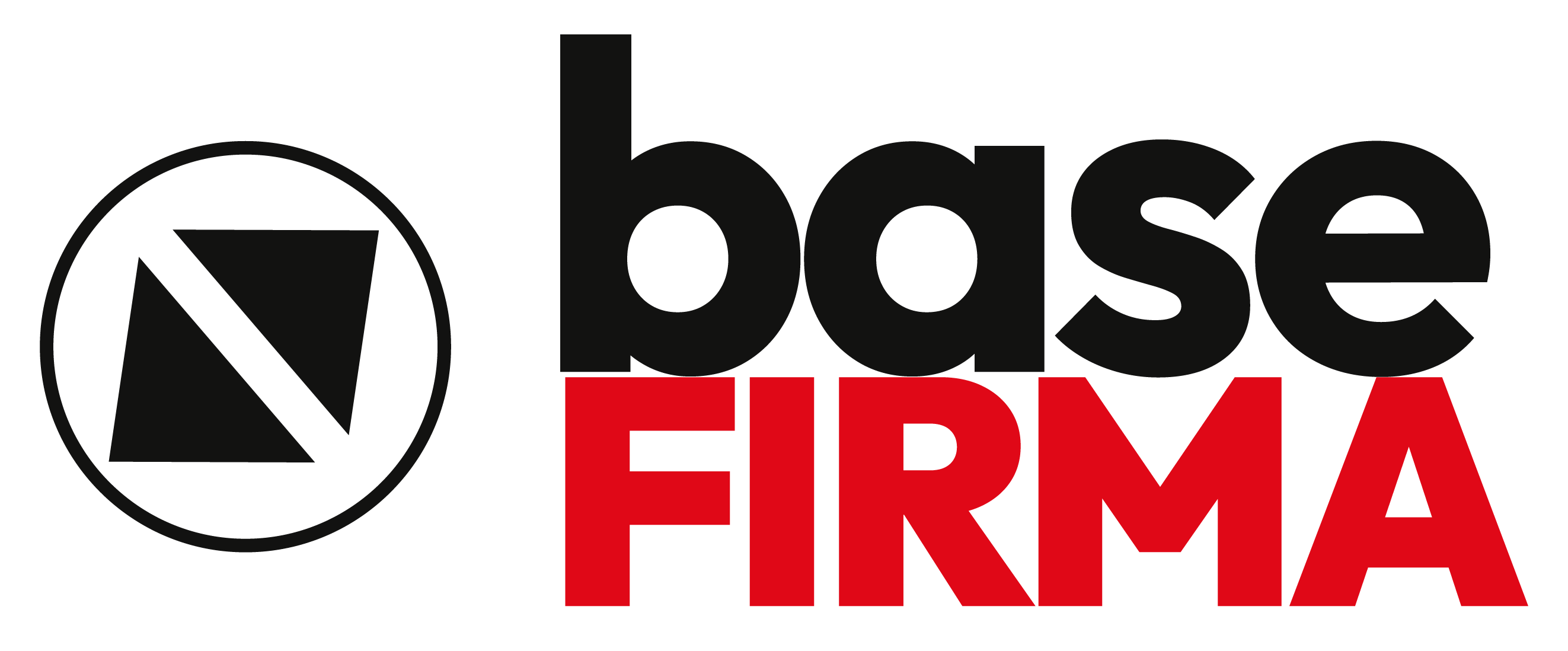Brazil is feeling a significant impact from the Trump administration’s tariff policies, which target critical sectors of the Brazilian economy. While the country faces relatively lower tariff rates compared to some peers, two key industries must urgently reassess their global strategies:
- Agribusiness – Brazil’s Powerhouse Sector
Within Brazil’s most dynamic economic sector, key commodities like soybeans, beef, and poultry face significant trade barriers with the additional 10% tariff being imposed. This measure directly impacts the commodities’ competitiveness in the U.S. market, which ranks as Brazil’s second-largest importer of these products, trailing only China.
- Steel & Metals – A Major Export Under Pressure
Brazil is the second-largest steel supplier to the U.S., with 4.1 million metric tons exported in 2024 (U.S. Department of Commerce). The 25% tariff on steel and aluminum imports threatens this trade flow. Some companies are restructuring their supply chains – either planning to open subsidiaries in the U.S., as is already the case with CSN and ArcelorMittal, or redirecting sales to Asia.
Why Transfer Pricing is a Strategic Imperative
For multinational corporations, an effective transfer pricing policy must serve dual objectives: strategically supporting business operations, while ensuring full compliance with local tax regulations. This approach mitigates risks of profit manipulation and prevents costly fiscal exposures.
Implementing transfer pricing policies is key to navigating this evolving environment, particularly as they balance the dual imperatives of operational strategy and tax compliance outlined previously. When tariffs disrupt cost structures and force operational realignments, these policies serve as vital frameworks—not only justifying arm’s-length pricing but actively optimizing supply chain efficiency during restructuring phases.
Given these compliance and operational challenges, new tariffs frequently drive supply chain reassessments—leading to restructurings, M&A, or operational adjustments that alter transaction flows. In such cases, rigorous transfer pricing analyses and tax valuations become indispensable to mitigate compliance risks and align with local regulations.
For more information: Filipe Stalen – filipe.stalen@basefirma.com
